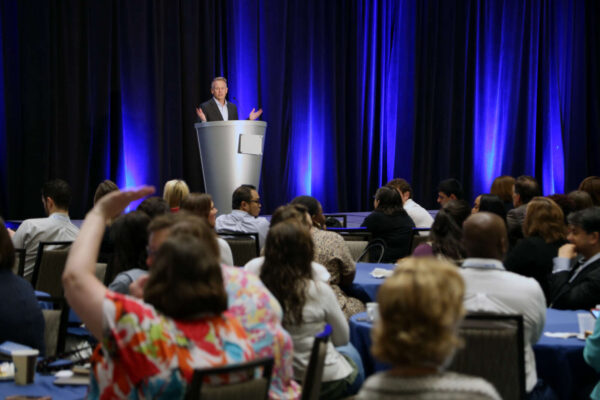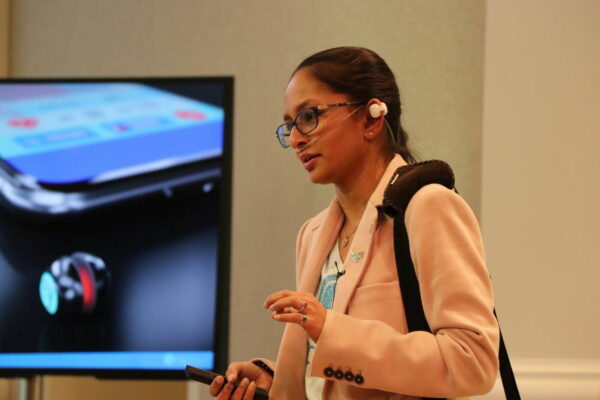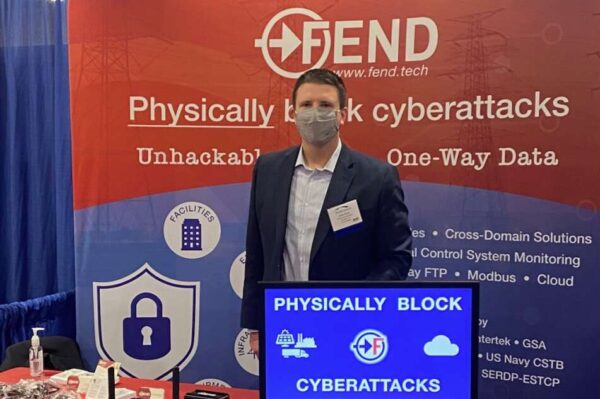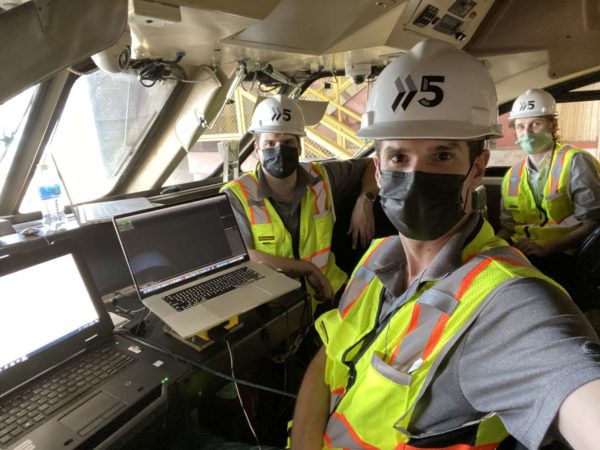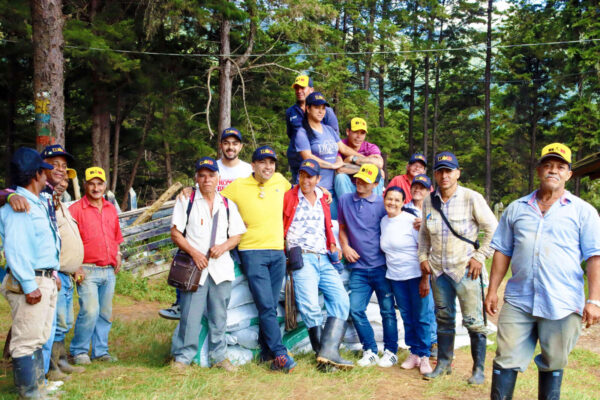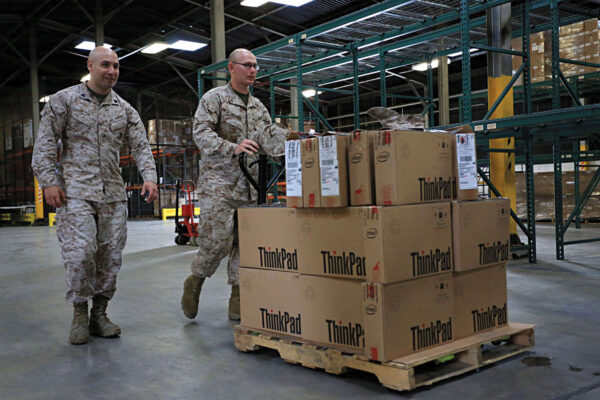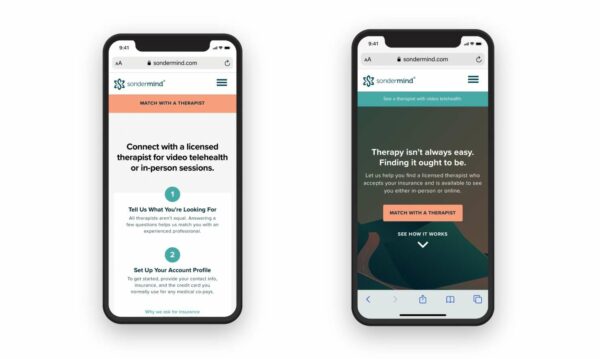Sponsored by Monday Properties and written by ARLnow, Startup Monday is a weekly column that profiles Arlington-based startups, founders, and other local technology news. Monday Properties is proudly featuring 1515 Wilson Blvd in Rosslyn.
A locally owned co-working space is partnering with a nonprofit to help Black girls from the D.C. area reach their fullest potential.
Venture X (2300 Wilson Blvd) in Courthouse is the new headquarters for The Black Girl TRIBE, an organization that educates and uplifts Black girls through mentoring and educational programs and leadership events. The Arlington franchise location’s co-owner Julie Felgar is providing the office space to the nonprofit for free.
It’s her way of giving back to the community via her company and recognizing the work of The Black Girl TRIBE’s founder, Gabrielle Martinez.
“I was inspired by her mission, and support her doing important work she’s doing,” Felgar said. “It’s an equity issue: making sure young ladies from all ethnicities and from all walks of life can value themselves and see what the opportunities are for them out in the world.”
Up until now, The Black Girl TRIBE — which this year received a $100,000 grant from Nike — was based out of Martinez’s house in D.C.
“We used [D.C.] public libraries for everything else, even board meetings and retreats,” Martinez said. “Having this new space is a physical manifestation of the organization’s ‘glow up,’ and it really brings a new level to the way that we program, getting to call the space our own,” she said. “And even though our work has always been valuable and fantastic, having this home base has also leveled up the way that we are seen professionally amongst our community partners.”
Martinez moved in last October and says she hopes to “make the space a safe space for our girls to come learn and thrive” after COVID-19. During the pandemic, the nonprofit has kept in-person events to a minimum.
Felgar says she and her husband, a co-owner, always intended to support one to two businesses locally through Venture X. The Black Girl TRIBE is the first organization she’s partnered with, and she praised the nonprofit’s mission.
“Between 10-14, the foundation of a young lady’s self-esteem is set,” she said. “Being around powerful role models — being with a like group of young ladies and a like group of adults who are empowering them — is really critical to their self-esteem.”
Felgar is still looking for other potential organizations to partner with, in addition to cementing her office’s community presence through events for the Rotary Club of Arlington, the Arlington Chamber of Commerce and political fundraisers.
“One of our initiatives this year will be reaching out into local community,” she said. “The way we designed the space, it’s really easy to host events on weekends and in the evenings. We’re open to allowing people to use space for events — that’s a great way to give back to community and get clients.”
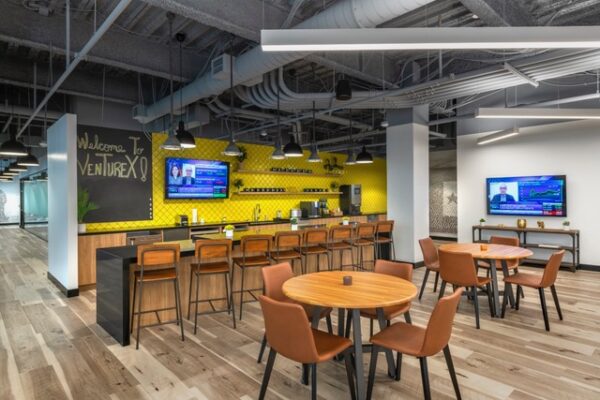
Felgar says she aims to get her office space, which she opened in May, 75% occupied.
“We’ve seen tremendous pickup in last month alone,” she said, although the new Omicron variant may keep leases in the air a while longer. She says in recent months hybrid work arrangements have buoyed her business.
“That’s the great thing about co-working,” she said. “It was a business model that wasn’t designed for hybrid but lends itself perfectly to hybrid model… It’s been tough to open during COVID-19, but in a way, COVID-19 has validated the business model.”
Felgar left her international career with The Boeing Company to establish the Venture X franchise location and firm up her connections to Arlington and Falls Church. Her kids attend Falls Church City Public Schools, where she and her husband — both immigrants — fund scholarships for immigrant and first-generation students.
“We wanted to put our roots firmly implanted in our local community, since that’s a part of our lives that we haven’t gotten to participate in, other than our kids’ schooling and sports,” she said. “This is really great for us to be present.”



